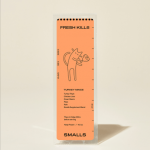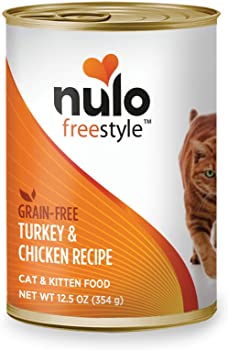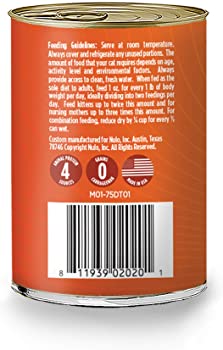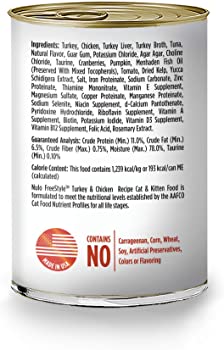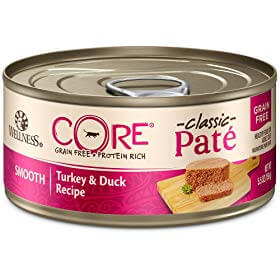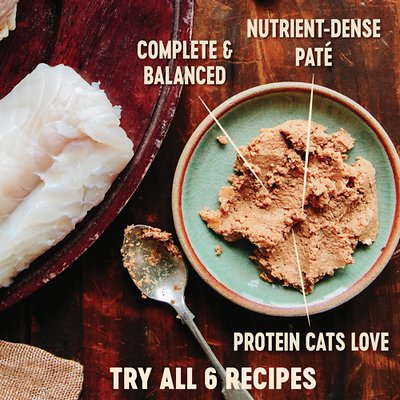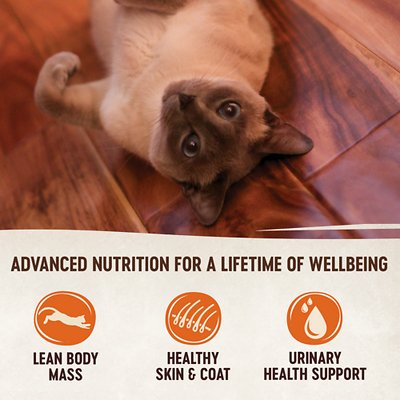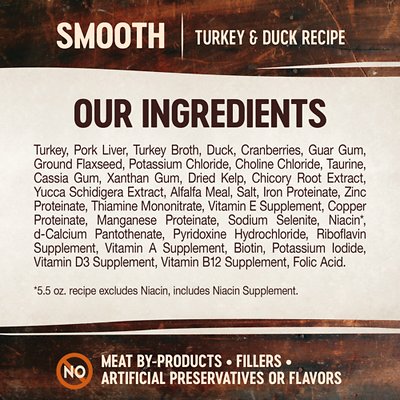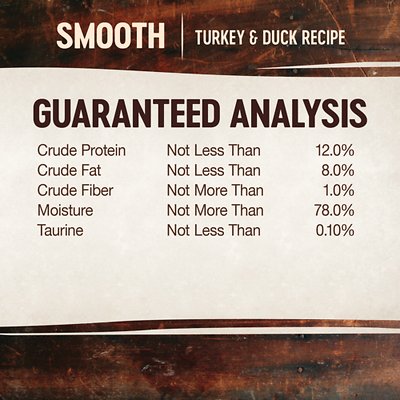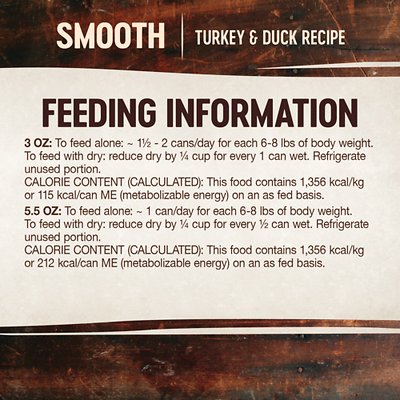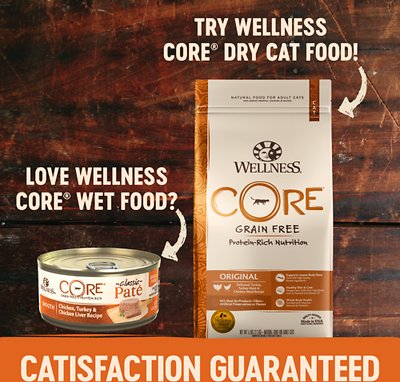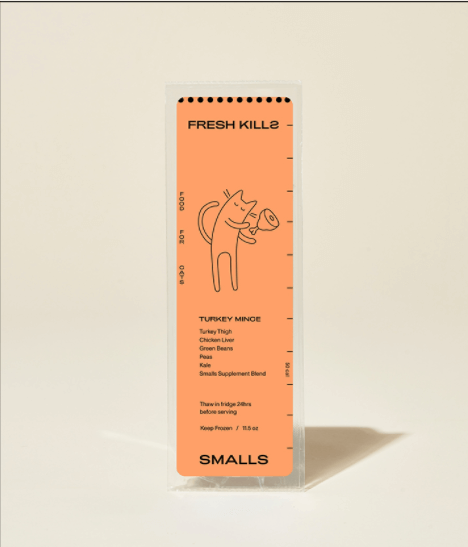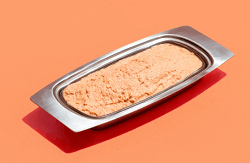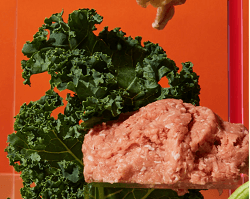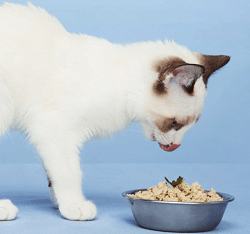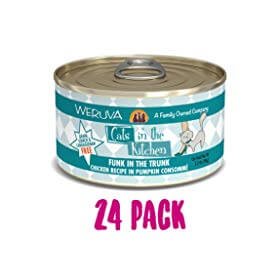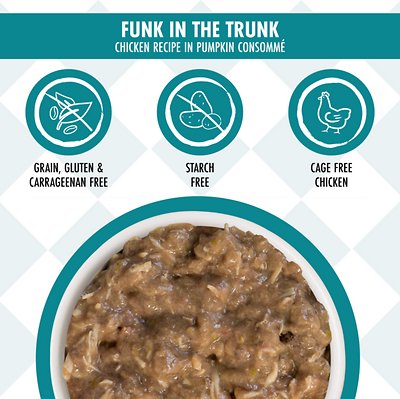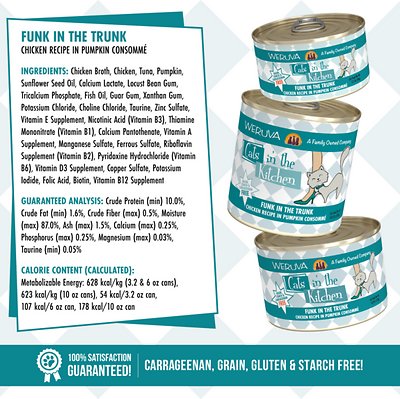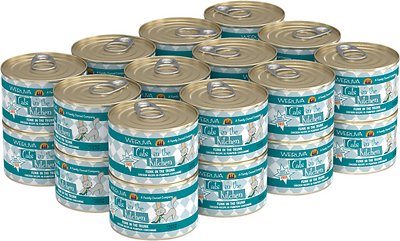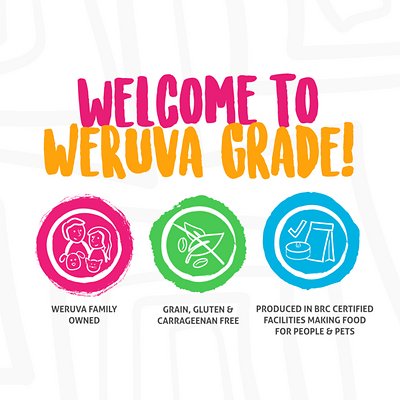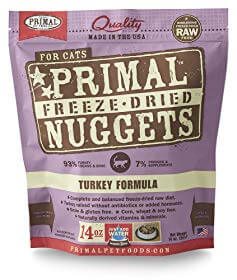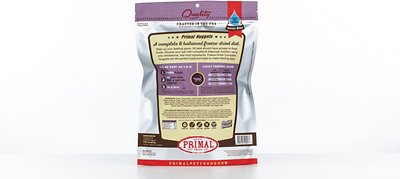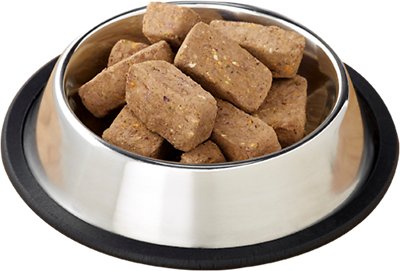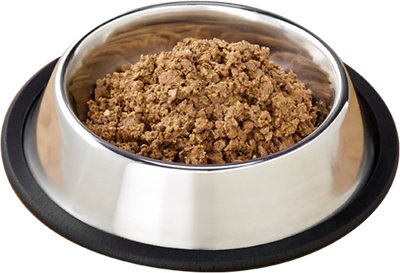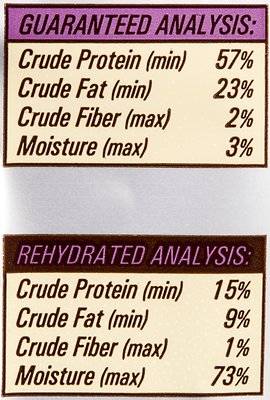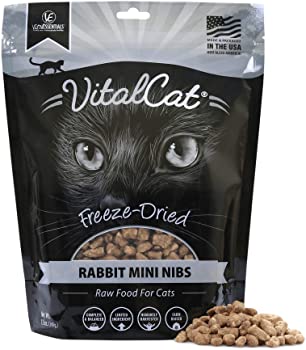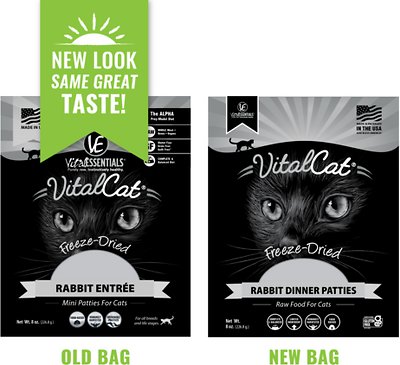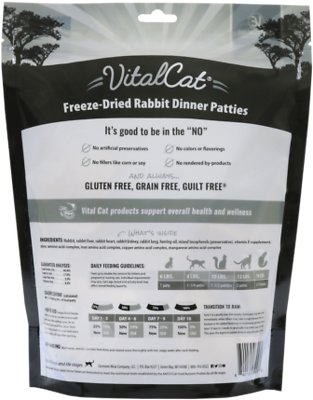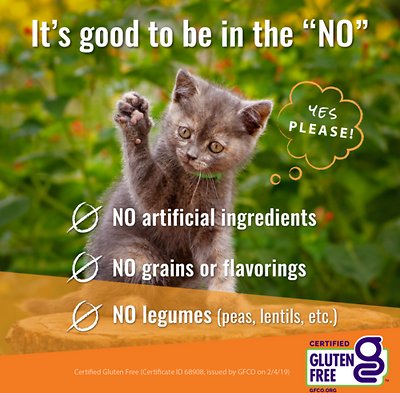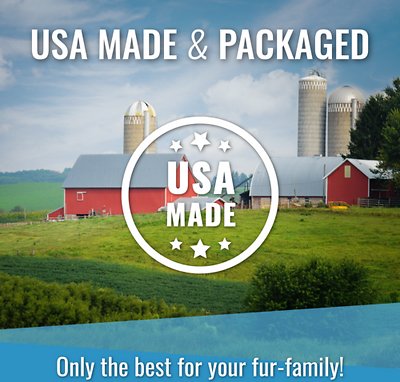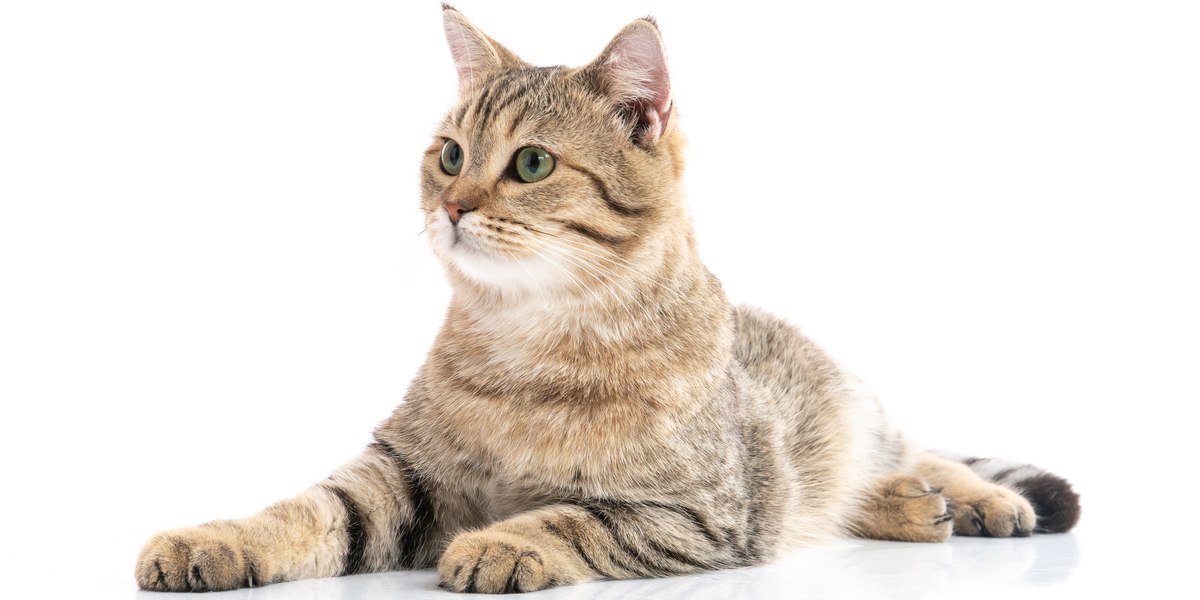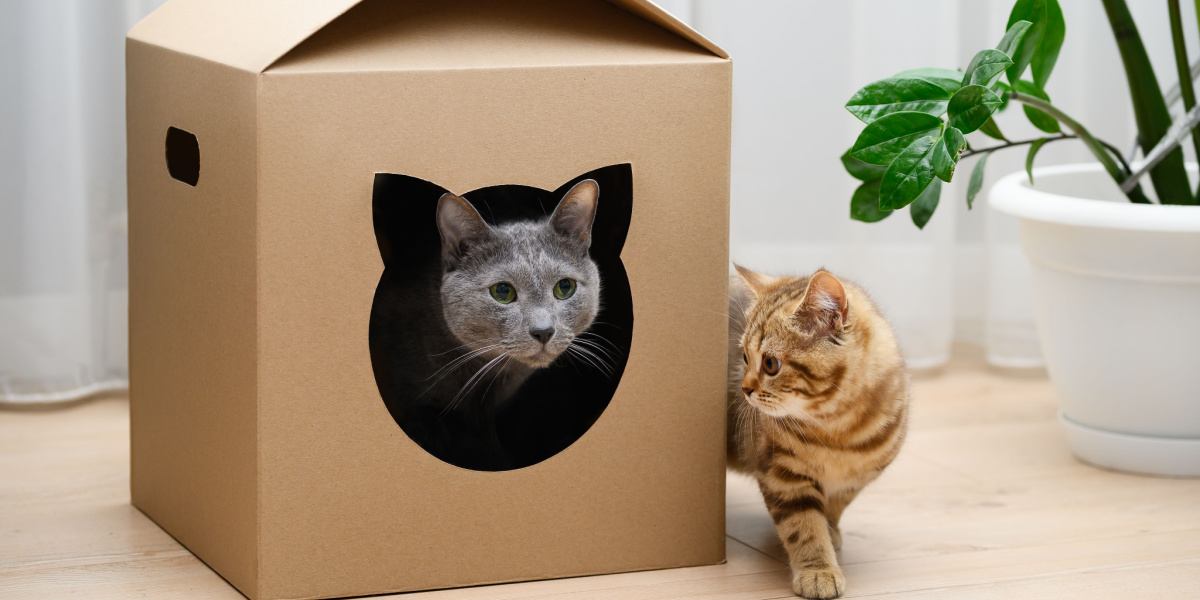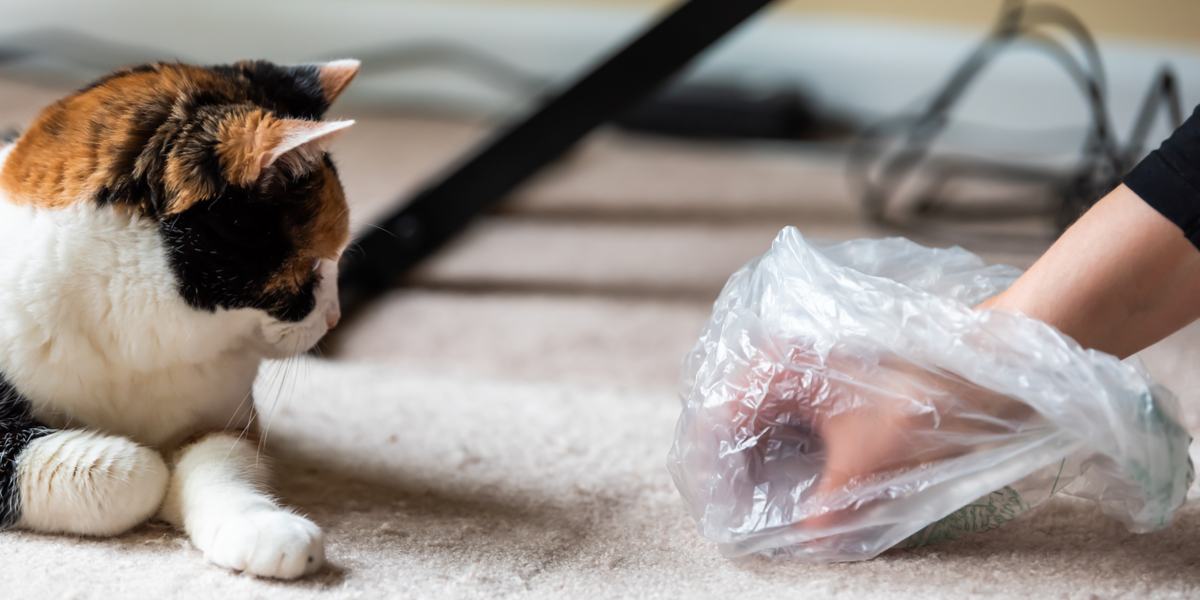Best Cat Food For Constipation
This page contains affiliate links. We may earn money or products from the companies mentioned in this post through our independently chosen links, which earn us a commission. Learn More
The best cat food for constipation is rich in moisture, has the right amount of fiber, and supports overall digestive health. That’s why we recommend Nulo Freestyle Turkey & Chicken Recipe as the best cat food for constipated kitties. With a full roster of anti-constipation properties and a solid nutritional foundation, this food can provide both short-term relief and long-term wellness.
At a Glance: Best Cat Food For Constipation To Buy
We highly recommend looking at the comparison table we have below where we highlighted the features of each product. You’ll also find more detailed information about each product later in the article.
Compare Best Cat Food For Constipation
|
Overall Best
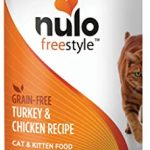
1. Nulo Freestyle Turkey & Chicken Recipe Grain-Free Canned Cat & Kitten Food |
Runner Up
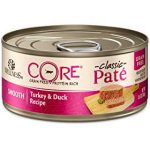
2. Wellness CORE Natural Grain Free Turkey & Duck Pate Canned Cat Food |
Best For Weight Loss
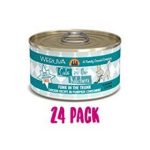
4. Weruva Cats in the Kitchen Funk In The Trunk Chicken in Pumpkin Consomme |
Best Raw/freeze Dried
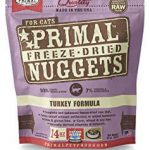
5. Primal Turkey Formula Nuggets Grain-Free Raw Freeze-Dried Cat Food |
Most Popular
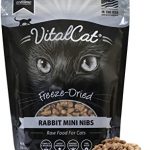
6. Vital Essentials Rabbit Mini Patties Grain Free Limited Ingredient Freeze-Dried Cat Food |
|
|
Protein
11% Min |
Protein
12% Min |
Protein
23.4% Min |
Protein
10% Min |
Protein
57% Min |
Protein
52% Min |
|
Fat
6.5% Min |
Fat
8.0% Min |
Fat
6.6% Min |
Fat
1.6% Min |
Fat
23% Min |
Fat
15% Min |
|
Fiber
0.75% Max |
Fiber
1.0% Max |
Fiber
0.3% Max |
Fiber
0.5% Max |
Fiber
2.0% Max |
Fiber
3% Max |
|
Life Stage
All Life Stages |
Life Stage
All Life Stages |
Life Stage
Adult |
Life Stage
Adult |
Life Stage
Adult |
Life Stage
All Life Stages |
|
Type
Wet/Canned |
Type
Wet/Canned |
Type
Fresh |
Type
Wet/Canned |
Type
Freeze Dried |
Type
Dry |
|
Made In
United States |
Made In
United States |
Made In
United States |
Made In
United States |
Made In
United States |
Made In
United States |
What’s The Best Kind Of Food For Constipated Cats?
The best cat food for constipation contains some fiber, but not as much as you probably think.
Most people think of Metamucil, bran flakes, or flaxseed when they get constipated and assume the same applies to their cat. But more fiber isn’t the solution for every cat. In fact, some people now think that a low-residue—read: low fiber— diet can help relieve constipation better than one full of fiber.
If your cat’s eating dry cat food—especially one of those dry foods marketed for indoor dwellers, hairball-prone cats, or those who need to lose weight—he probably doesn’t need any more fiber in his diet. These foods are already plumped up with more fiber than your cat really needs. Cats on a diet that’s 7% or more fiber on a dry matter basis do not have a fiber deficiency.
If, however, your cat is eating a squeaky-clean diet—think Tiki Cat or homemade raw—it might not have the indigestible matter that your cat needs. The best cat food for constipation has some insoluble and soluble fiber, but it’s not laden with fibrous plant ingredients.
The Best Cat Food For Constipation Keeps Your Cat Hydrated.
Dehydration can contribute to constipation, so make sure your cat is well-hydrated. The best and easiest way to ensure that your cat is getting enough water is by putting that water directly in his food bowl. Wet food is significantly more hydrating than kibble and helps to prevent chronic dehydration. Chronically dehydrated cats may absorb water from the colon to use in other parts of the body. When water leaves the colon, stool dries up and constipation develops.
It Contains Some Fat Or Other Ingredients With A Mild Laxative Effect.
Raw liver, olive oil, butter, coconut oil, and animal fat are examples of gentle laxatives that you might incorporate into your constipated cat’s diet. These ingredients may help to shorten transit time, keeping waste from staying in the colon for too long.
Finally, The Best Cat Food For Constipation Aces All Of The Cat Food Basics.
You can mix guar gum or psyllium husk into a stellar food, but you can’t stir out red dye #40. When choosing the best cat food for constipation, we established a healthy baseline by eliminating any candidates with excessive carbohydrate content, synthetic colors or flavors, inflammatory carrageenan, or head-spinning recall histories.
How Does This Cat Food Help Constipated Cats?
It’s a high-moisture food primarily made from chicken broth, chicken, and tuna. The shredded poultry and fish are set in a pumpkin consommé. A mix of locust bean gum, guar gum, and xanthan gum act as thickeners and sources of soluble fiber, while sunflower seed and fish oil serve as fat sources.
At 107 calories in each 6-ounce can, this is one of the lowest-calorie foods on the market, so it’s as good an option for weight loss as it is for constipation.
Our Top Picks For The Best Cat Food For Constipation
Nulo Freestyle Turkey & Chicken Recipe Grain-Free Canned Cat & Kitten Food
Product Info
- Protein: 11% Min
- Fat: 6.5% Min
- Fiber: 0.75% Max
- Life Stage: All Life Stages
- Type: Wet/Canned
- Made In: United States
Guaranteed Analysis

Dry Matter Basis

- Some reviewers said this food eased their cats’ digestive issues
- Rich in animal protein
- Contains guar gum and agar-agar, safe gums that can help constipated cats
- Contains guaranteed-viable probiotics for digestive support
- Free of potentially-harmful artificial colors, flavors, and preservatives
- Some reviewers say the food is dry or doesn’t taste good
- Diverse protein variety makes this food a poor choice for cats with food sensitivities
Good points for constipated cats include the food’s use of guar gum and agar-agar as thickeners, both sources of soluble fiber.
The food also contains pumpkin. Though pumpkin isn’t as high in fiber as you might expect—it’s low in fiber compared to psyllium husk, guar gum, or other fiber supplements—it has a reputation for unclogging constipated cats and is one of the most trusted constipation remedies.
Like all Nulo products, the food contains probiotics to support overall digestive health.
Wellness CORE Natural Grain Free Turkey & Duck Pate Canned Cat Food
Product Info
- Protein: 12% Min
- Fat: 8.0% Min
- Fiber: 1.0% Max
- Life Stage: All Life Stages
- Type: Wet/Canned
- Made In: United States
Guaranteed Analysis

Dry Matter Basis

- Contains multiple ingredients with reputations for easing constipation and other digestive issues
- Rich in animal-sourced protein
- Free of artificial colors, flavors, and preservatives
- May not be a good option for long-term feeding
A mix of guar gum, ground flaxseed, cassia gum, and xanthan gum would normally mark this as a gummy, thickener-heavy food, but for cats with constipation, these fiber sources are valuable digestive aids.
The food is low in carbohydrates, protein-rich, and free of any artificial colors, flavors, or preservatives that might whittle away at your cat’s health. It receives excellent customer reviews, some of which say the food helped their cats’ digestive issues.
Smalls Other Fresh Ground Bird
Product Info
- Protein: 23.4% Min
- Fat: 6.6% Min
- Fiber: 0.3% Max
- Life Stage: Adult
- Type: Fresh
- Made In: United States
Guaranteed Analysis

Dry Matter Basis

- Fresh cat food high in moisture
- Packed with real animal protein
- Wholesome, natural ingredients
- Sent right to your door
- Only available as part of a subscription
- Meals aren’t portioned for individual servings
Smalls Other Fresh Ground Bird is a great choice because it is loaded with moisture and healthy nutrition from wholesome natural ingredients. This recipe starts with fresh turkey thighs and gets a boost of protein from chicken liver. Fresh veggies like green beans, peas, and kale provide essential nutrients balanced out with Smalls Supplement Mix.
If that’s not enough to convince you, know that Smalls sends their fresh food right to your door. No more trips to the pet store and no more worrying about your cat’s favorite recipe being out of stock.
Weruva Cats in the Kitchen Funk In The Trunk Chicken in Pumpkin Consomme
Product Info
- Protein: 10% Min
- Fat: 1.6% Min
- Fiber: 0.5% Max
- Life Stage: Adult
- Type: Wet/Canned
- Made In: United States
Guaranteed Analysis

Dry Matter Basis

- Popular among constipated cats
- Rich in animal-sourced protein
- A satisfying, low-calorie food ideal for overweight cats
- Contains pumpkin and multiple gums to support gut motility
- Free of any potentially-harmful artificial colors, flavors, and preservatives
- One of the most expensive foods on the market
Another happy customer said they switched their cat onto it after spending $700 to treat their constipated cat.
Primal Turkey Formula Nuggets Grain-Free Raw Freeze-Dried Cat Food
Product Info
- Protein: 57% Min
- Fat: 23% Min
- Fiber: 2.0% Max
- Life Stage: Adult
- Type: Freeze Dried
- Made In: United States
Guaranteed Analysis

Dry Matter Basis

- Rich in species-appropriate nutrition from turkey
- Contains several fiber sources
- Contains coconut and cod liver oil, both of which may be able to relieve constipation
- Doesn’t contain too much bone for most cats
- Low carbohydrate content
- Primal Pet Foods seems to have some quality control problems—some reviewers say that certain bags of food smelled bad
Some cat food makers may use bone-dense animals in their food without accounting for the abnormalities in muscle meat, bone, and organ ratios. On top of increasing the food’s mineral content, the excessive bone could make the stool too hard and too dry.
Unlike some other raw foods, this product is about 10% bone, roughly equivalent to the percentage found in a fresh mouse or rabbit. And while raw foods tend to lean towards the too-clean side, this product contains some plant ingredients as sources of fiber.
With its high protein content, minimal carbohydrate matter, and prey-inspired distribution of muscle meat, organs, and bone, this food is a good option, whether your cat’s constipated or not.
Vital Essentials Rabbit Mini Patties Grain Free Limited Ingredient Freeze-Dried Cat Food
Product Info
- Protein: 52% Min
- Fat: 15% Min
- Fiber: 3% Max
- Life Stage: All Life Stages
- Type: Dry
- Made In: United States
Guaranteed Analysis

Dry Matter Basis

- Made with rabbit, a less allergenic alternative to chicken
- Low carbohydrate content
- Contains digestive enzymes
- Doesn’t have many customer reviews
- Doesn’t have any constipation-specific ingredients
The food doesn’t contain much besides turkey, agar-agar as a thickener, and an array of synthetic vitamins, minerals, and amino acids used to make the food nutritionally complete.
Like all Pure Vita foods, the product is infused with enzymes and other digestive aids. These supplements support microbiome health, which is central to preventing and treating constipation.
It’s not particularly high in fiber, nor does it have a reputation for treating constipation, but it is an all-around strong food and easy to dress up with fiber supplements or laxatives of your choice.
Carefully evaluate your cat’s situation and consider getting help from your veterinarian before mapping out your treatment path.
Dietary and lifestyle changes are enough to treat a mild case of constipation. If your cat is severely constipated, he might need an enema or suppository administered by the veterinarian. If your vet determines that a tumor or other obstruction is responsible, he’ll have to take care of that before things go back to normal.
It will take some combination of exercise, dietary changes, the help of a veterinarian, and weight loss to get your cat’s GI tract back to normal. The details depend on the constipation’s cause and severity.

